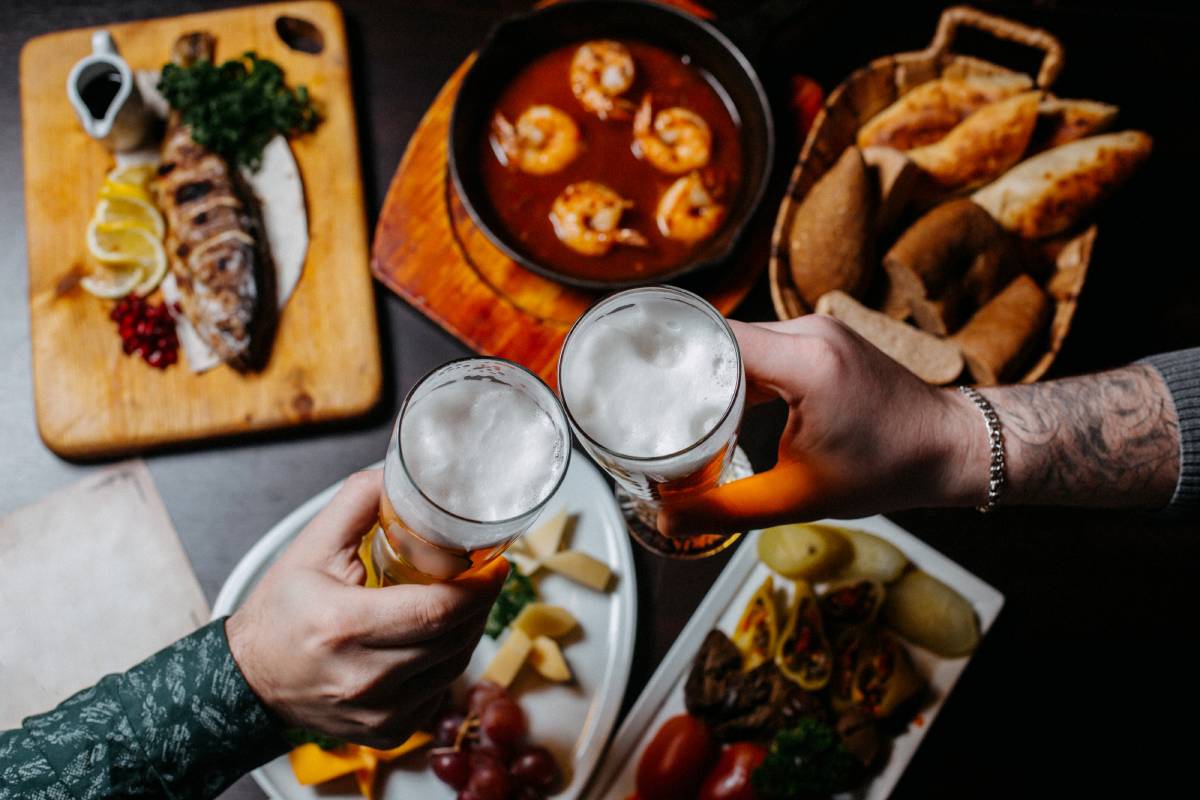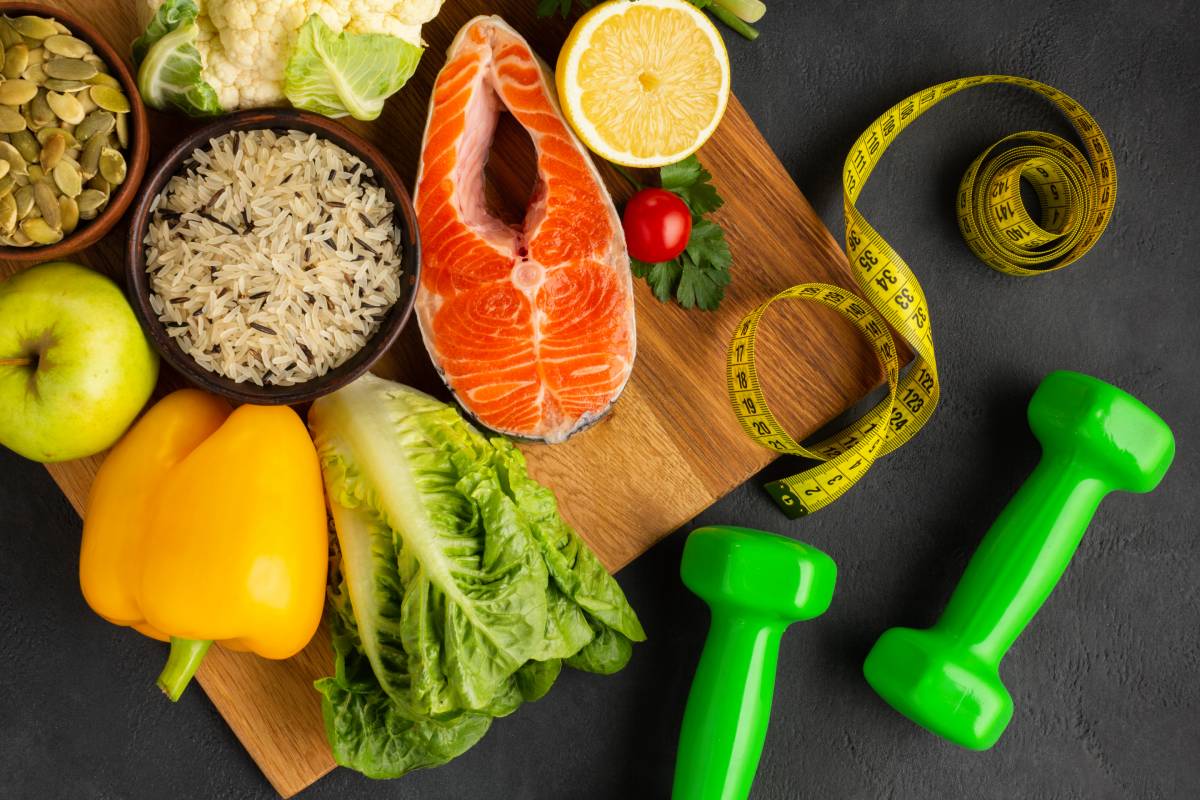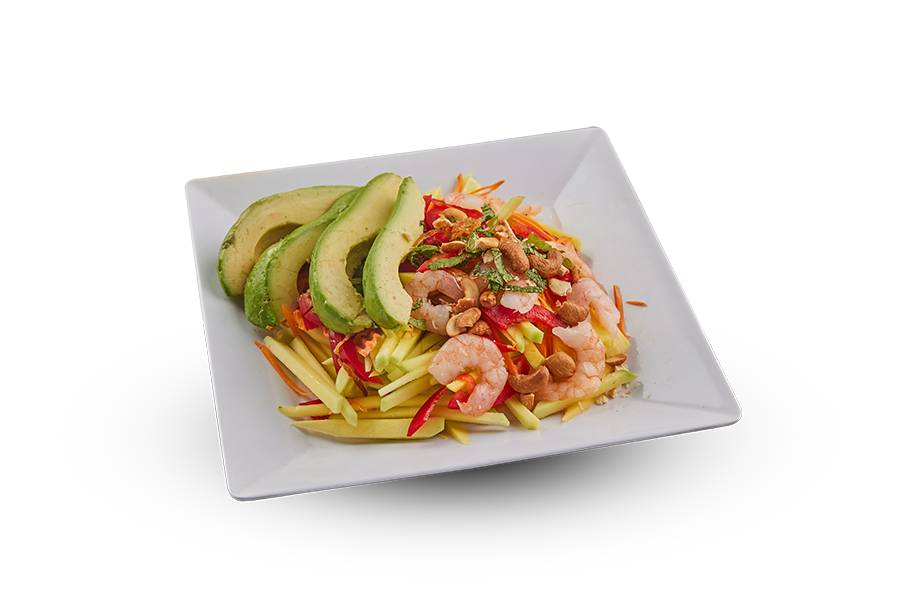The Role of Dopamine in Food Addiction
One of the most important discoveries in n research is dopamine’s role in our love of food. Dopamine is a neurotransmitter that is responsible for feelings of pleasure and reward. When we eat foods we enjoy, dopamine is released in our brains, giving us a sense of pleasure and satisfaction. Over time, our brains can become accustomed to this dopamine release, leading to cravings and addiction.
Studies have shown that highly processed foods, such as those high in sugar and fat, can lead to a surge in dopamine release. This can create a cycle of addiction, where we crave these foods to experience the same pleasurable sensations. Over time, this can lead to overeating and weight gain as we continue to seek rewarding foods.
However, it's important to note that only some experience the same level of dopamine release in response to food. Genetics, as well as environmental factors, can play a role in our susceptibility to food addiction.
The Impact of Genetics on Food Addiction
Research has shown that genetics can significantly influence our susceptibility to food addiction. Certain genes have been linked to an increased risk of overeating and obesity. For example, the FTO gene is associated with a higher risk of obesity and an increased desire for high-calorie foods.
However, it's important to note that genetics is not the only factor at play. Environmental factors, such as the availability of highly processed foods and cultural attitudes toward food, can also contribute to our love of certain foods. In addition, lifestyle factors, such as stress and lack of sleep, can also impact our eating habits.
How Stress and Emotions Trigger Food Addiction
Stress and emotions can also play a significant role in food addiction. When stressed or experiencing negative emotions, our bodies release the hormone cortisol. This can lead to an increase in appetite and cravings for high-calorie foods. In addition, stress can also impact our sleep patterns, which can further disrupt our eating habits.
Emotional eating is also common among those struggling with food addiction. When we're sad, anxious, or stressed, we may use food to cope with these emotions. However, this can create a cycle of addiction, where we rely on food to regulate our emotions.
The Importance of a Healthy Gut Microbiome
Research has also shown that our gut microbiome – the collection of bacteria and other microorganisms in our digestive system – can impact our food cravings and addiction. A healthy gut microbiome is essential for proper digestion and nutrient absorption but can also affect our eating habits.
Studies have shown that certain bacteria in the gut can impact our cravings for high-calorie foods. For example, Helicobacter pylori is associated with a decreased desire for sweet foods. In addition, a healthy gut microbiome has been linked to improved mood and reduced stress, which can help break the emotional eating cycle.
Breaking the Cycle of Food Addiction
Breaking the cycle of food addiction can be challenging, but it's not impossible. One of the most important steps is to identify the underlying causes of our addiction. This may involve working with a therapist or counsellor to explore our emotional triggers and develop healthy coping strategies.
In addition, making lifestyle changes, such as increasing physical activity and improving sleep habits, can also help to reduce cravings and improve overall well-being. Eating a balanced diet that includes plenty of whole, nutrient-dense foods can also help to reduce cravings for highly processed foods.
Treating Food Addiction Through Therapy and Support Groups
Professional treatment may be necessary for those who struggle with severe food addiction. Therapy, such as cognitive-behavioral therapy (CBT), can effectively address the underlying psychological factors that contribute to addiction. In addition, support groups, such as Overeaters Anonymous, can provide a sense of community and accountability for those in recovery.
The Connection Between Food Addiction and Eating Disorders
It's important to note that food addiction and eating disorders are not the same, although they can be closely related. Eating disorders, such as anorexia and bulimia, involve a distorted relationship with food that goes beyond addiction. However, food addiction can be a contributing factor in the development of these disorders.
If you suspect that you may have an eating disorder, it's important to seek professional help. Eating disorders are serious mental health conditions that require specialized treatment.
Conclusion
Food addiction is a complex issue that affects many people. The science behind food addiction is still being explored. Still, we’ve made some important discoveries about the role of dopamine, genetics, stress, and the gut microbiome in our love of food. Breaking the cycle of addiction can be challenging, but with the right support and guidance, it's possible to develop a healthy relationship with food.
You can always have a healthy relationship with our authentic Vietnamese foods; who says no?






















